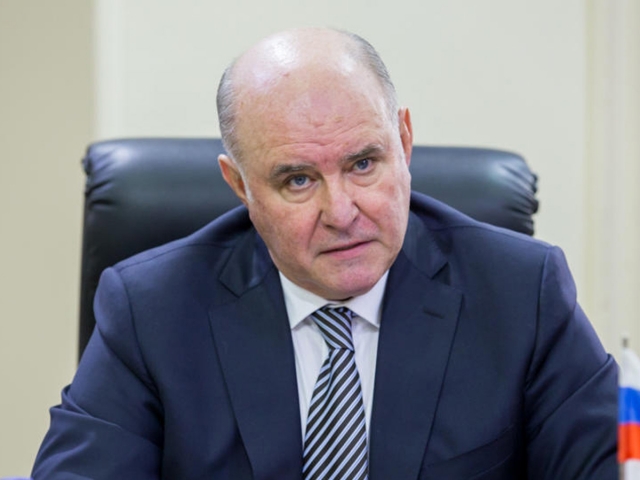Russia’s Karasin Speaks About Increased NATO Armaments in Georgia
Russia’s Deputy Foreign Minister, Grigory Karasin, says NATO armaments have increased in Georgia. He made the statement about Georgia-NATO cooperation after meeting with Georgian Envoy Zurab Abashidze in Prague on January 31.
"We can see intensified activity of the United States and NATO in Georgia. I won’t give any figures, but the deliveries of armaments have been stepped up considerably," the Russian diplomat told media outlet Tass.
Karasin also mentioned Georgian military base Vaziani, saying it has been transformed into quite a modern training center for the Georgian armed forces.
“This causes concern for us and for our neighbors in Abkhazia and South Ossetia,” he added.
As for Georgia’s possibly joining NATO, Karasin said: "Let’s not run ahead and let us remain optimistic."
He added that Russia will continue its efforts to ensure that “extra-regional military and political blocs do not move closer to its borders and do not aggravate the complexities.”
Karasin believes Georgia and Russia should develop bilateral relations and decide on a positive agenda. However, he noted that the restoration of diplomatic ties with Georgia, cut by official Tbilisi after Georgia-Russia 2008 August war, is not likely to take place.
“Judging by the developments, it seems unlikely to expect that diplomatic relations, that Georgia severed in 2008, will be restored quickly," he added.
However, the Russian diplomat noted that Russia will continue a dialogue “aimed to make open and objective evaluations of the situation in the region.”
Karasin went on to say that there have been some positive steps in the Georgia-Russian relationship.
“Mutual trade grew by 34%, Russia became the second largest trading partner of Georgia - we buy 2/3 of wine and sell it on the Russian market. Very good results have been achieved in the transport sector. One of the results of 2017 is a noticeable increase in the number of Russian citizens visiting Georgia as tourists - about 1.4 million people,” the Russian deputy Foreign Minister noted.
By Thea Morrison












